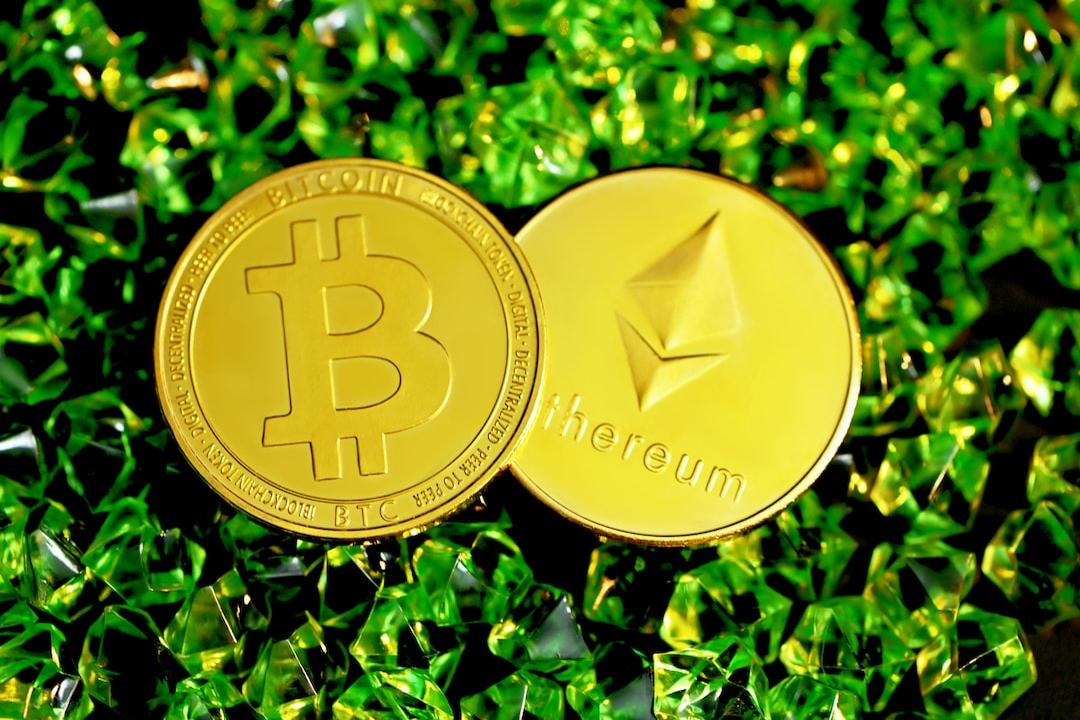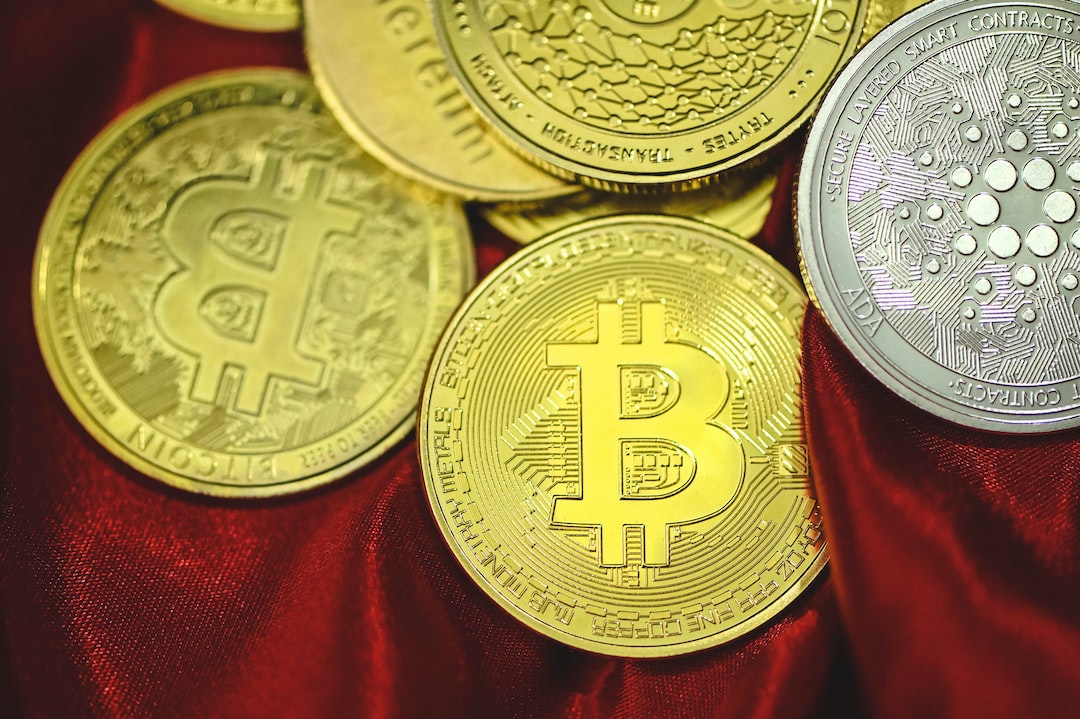UBS: Asian Billionaires Shift Assets Towards Gold, Cryptocurrencies, and the Chinese Market, Reducing Dollar Holdings
Increased Geopolitical Risks and Market Volatility Prompt Asian High Net Worth Individuals to Adjust Investment Strategies
As geopolitical risks and market volatility escalate, high net worth individuals in Asia are realigning their investment portfolios, shifting from the previously favored dollar assets to gold, cryptocurrencies, and the Chinese market. International financial institutions such as UBS and Morgan Stanley have indicated that this wave of asset migration reflects investors’ heightened awareness of risks within the global financial system, while also demonstrating a keen interest in emerging investment targets.
Gold and Crypto Popularity Soar: Asian Tycoons Turn to “Alternative Safe Havens”
Amy Lo, head of Asia Wealth Management at UBS Group, recently noted at the Bloomberg New Voices Forum in Hong Kong that high net worth clients in Asia are gradually reducing their holdings in dollar assets, opting instead to increase investments in gold, cryptocurrencies, and other assets. She emphasized: “Gold has become extremely popular.”
She analyzed that the primary reasons for this shift may be the “rising geopolitical uncertainty” and “increased volatility in the U.S. market.” Investors are no longer viewing the U.S. as the sole investment core but are seeking more diversified asset portfolios. In addition to gold and Bitcoin, other commodities and foreign currency assets have also become focal points:
Ad




Volatility will continue to exist, and investors are reconfiguring their portfolios, seeking options that provide both security and growth.
Investors Optimistic about Chinese Market Recovery: Hong Kong Stocks Shine on Global Stage
Despite a decline in interest in the Chinese market over the past few years, recent developments indicate a notable change in sentiment. Amy Lo revealed that clients who previously avoided the Chinese market are now actively inquiring about related investment opportunities, signaling a resurgence in the attractiveness of Chinese assets. Among these, the Hong Kong Hang Seng Index has emerged as one of the best-performing major indices globally in 2024, capturing investors’ attention once again.
Ad


UBS emphasized that Hong Kong has indeed succeeded in attracting external capital flows back in:
Investors are not only interested in Chinese stocks but are also gradually considering allocations in bonds and funds related to China.
U.S.-China Tariff War Cooling Fuels Optimism: Asian Asset Allocation Strategies Shift to Balance
Christina Au-Yeung, head of Morgan Stanley’s Asia Private Wealth Management Investment Services, also stated at the forum that the recent temporary tariff agreement between the U.S. and China has injected a dose of confidence into the market: “We are observing many interesting investment themes emerging in the Chinese market.”
She noted that this event has bolstered investors’ confidence in the Chinese market and reflects an increased risk awareness among Asia’s wealthy clientele. The bank recommends a more balanced investment portfolio for clients: “40% in fixed income and equities, 15% in alternative assets, with the remainder in cash or cash-equivalents,” to enhance overall resilience.
Increased Focus on Bitcoin: Institutions and Governments Enter the Arena
As capital flows out of dollar assets, cryptocurrencies are gradually coming to the forefront. According to Ian Kolman, co-portfolio manager at Galaxy Digital, Bitcoin is increasingly being viewed as a digital reserve asset, attracting interest from institutional investors, exchange-traded funds (ETFs), and even various governments: “The supply-demand dynamics of Bitcoin are solidifying its status as a mature digital reserve asset.”
Ad


Jay Jacobs, head of actively managed ETFs at BlackRock, also pointed out at the end of April that more countries are beginning to reduce their holdings in dollar assets, turning towards gold and Bitcoin to build a more robust foreign exchange reserve structure.
Decline of Dollar Dominance: Largest Asset Reduction in 19 Years
According to the latest fund manager survey released by Bank of America (BofA), global funds significantly reduced their allocations to dollar assets in May, marking the largest reduction in 19 years. This further confirms the downward trend in market confidence towards the dollar and reflects the rapid transition of assets.
As Geopolitical Restructuring and Monetary Policy Shifts Occur, Asian Tycoons Gradually Readjust Asset Allocations
From gold and Bitcoin to the resurgence of the Chinese market, investors are preparing for the next wave of global financial movements.
Risk Warning
Investing in cryptocurrencies involves high risks, and prices may fluctuate wildly, which could result in the total loss of principal. Please assess risks carefully.
